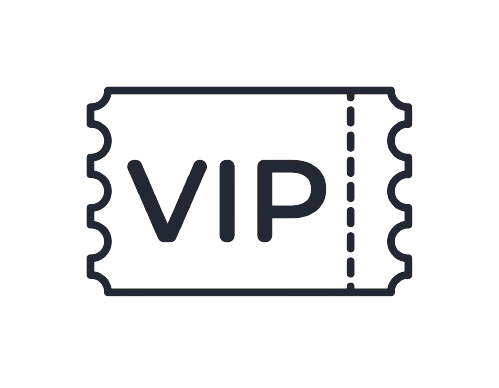Partnering with actress Leisha Hailey on our Pride campaign and launch of Sappho was a dream come true for us. A Queer icon who continues to inspire generations of the LBGTQ+ community, we were thrilled to have a conversation with her about the new launch and her passion surrounding non-profit organization, GLSEN, a national non-profit organization, working to create a safe and inclusive K-12 school environment for LGBTQ+ youth. (100% of the proceeds from the sales of Sappho go directly to GLSEN!)
Awe: In the late twentieth century, Sappho became a symbol for the growing LGBTQ rights movement. Many Queer women found representation in her poetry, revering Sappho and identifying with her. Why are artistic expressions and shows like, “The L Word,” (which was groundbreaking,) so important?
Leisha: I truly believe that representation creates change. When the L Word first aired in January 2004, there were very few lesbians featured in shows. “Queer As Folk” was mostly focused on gay men, their relationships and friendships. Ellen came out on her show in ’97 and then the series ended one season later. We were the first show to focus on the lives of lesbians – and we did it for six seasons the first time around. It was and remains a groundbreaking show. Women worldwide finally felt represented. They were grateful. When “The L Word: Generation Q” came back in 2019, the world had changed with more LGBTQ characters featured throughout the streaming services and networks. The L Word, however, has remained the touchstone show for lesbians, giving them a place to see themselves at a time when LGBTQ people are feeling repressed and treated by local politicians seeking to take away their rights.
Awe: It’s difficult to untangle the relationship between, “Sappho” the fictionalized literary persona and the poet herself — how do you untangle the characters you play with the real you?
Leisha: When it comes to Alice, in many ways, I do embody some of the characteristics as that character. I have a vast sense of adventure, some might say I have toxic positivity, I’m a good friend – and I love bold-colored clothes and edgy fashion. I feel it’s important to tap into aspects of yourself and bring them to a character, draw on what’s real in yourself. It’s a combination. So in a sense, Alice is a heightened version of me. Minus the throuple.












